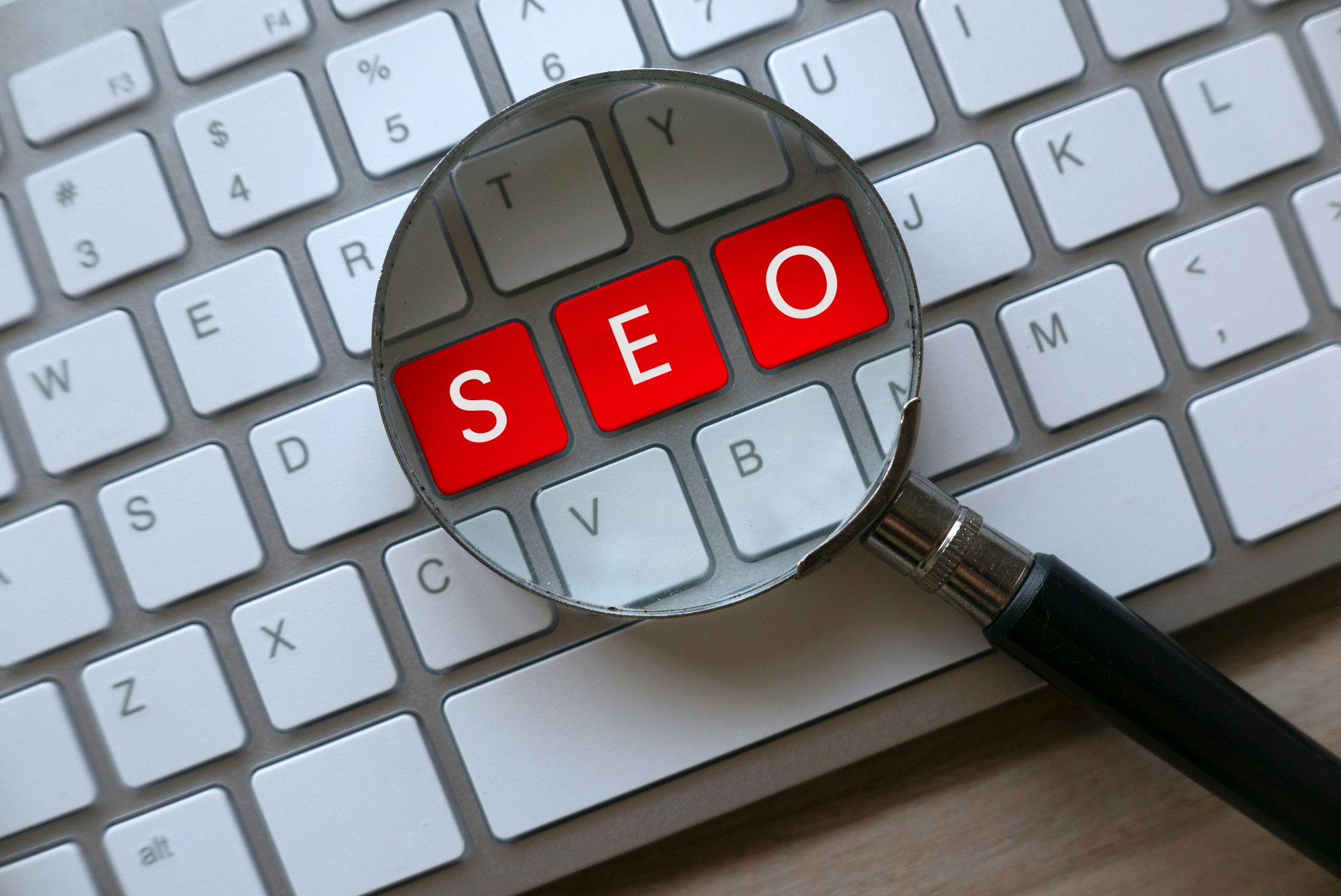Search Engine Optimization (SEO) has come a long way since its inception in the 1990s. What started as a relatively straightforward process of keyword stuffing and backlink building has transformed into a sophisticated, multi-faceted discipline. As we look ahead 40 years into the future, the landscape of SEO will undoubtedly be vastly different from what we know today. This article explores the potential evolution of SEO over the next four decades, examining technological advancements, changes in user behavior, and the ongoing battle between search engines and SEO professionals.
The Early Days of SEO
In the late 1990s, SEO was in its infancy. Webmasters quickly realized that certain tactics could manipulate search engine rankings. Early SEO strategies included keyword stuffing, where web pages were loaded with keywords in an attempt to rank higher for those terms. Link farms were created to generate backlinks, and meta tags were often manipulated. Search engines like AltaVista, Yahoo, and the nascent Google had relatively simple algorithms that could be easily gamed.
The Rise of Google and Algorithmic Sophistication
Google’s rise to dominance in the early 2000s marked a significant shift in SEO. Google’s PageRank algorithm, which ranked web pages based on the quality and quantity of backlinks, revolutionized search. SEO tactics became more refined, focusing on building high-quality links and creating relevant content. Google’s algorithm updates, such as Panda, Penguin, and Hummingbird, further refined search results, penalizing low-quality content and rewarding user-centric websites. This really helped Saudi SEO company to bring more organic traffic for their clients.
The Mobile Revolution and User Experience
The advent of smartphones and the mobile internet in the late 2000s and early 2010s brought about another major shift in SEO. Mobile-first indexing, responsive design, and site speed became crucial ranking factors. User experience (UX) emerged as a critical component of SEO strategy. Google began emphasizing metrics like bounce rate, dwell time, and mobile usability, pushing SEO professionals to focus on creating seamless, engaging experiences for users across all devices.
Voice Search and AI Integration
The 2020s saw the rapid adoption of voice search and the integration of artificial intelligence (AI) in search algorithms. Virtual assistants like Siri, Alexa, and Google Assistant became ubiquitous, changing how users interacted with search engines. Long-tail keywords and natural language processing (NLP) became essential aspects of SEO. AI-driven algorithms like Google’s RankBrain and BERT improved the understanding of user intent, making search results more relevant and personalized.
The Next 40 Years: Predictions and Possibilities
As we look forward to the next four decades, several trends and technologies are likely to shape the future of SEO:
- Hyper-Personalization and Predictive Search: Advances in AI and machine learning will enable search engines to deliver hyper-personalized results. Predictive search will anticipate user queries based on past behavior, context, and preferences, providing answers before questions are even asked.
- Voice and Visual Search Dominance: Voice search will continue to grow, potentially surpassing text-based search. Visual search, powered by advancements in image recognition and augmented reality (AR), will allow users to search using images and real-world objects, transforming e-commerce and local search.
- Semantic Search and Knowledge Graphs: Search engines will increasingly rely on semantic search, understanding the context and meaning behind queries. Knowledge graphs will expand, providing comprehensive, interconnected information directly in search results, reducing the need for users to visit multiple sites.
- Blockchain and Decentralized Search: Blockchain technology could lead to the development of decentralized search engines, where data privacy and security are paramount. These platforms may offer alternative monetization models, reducing the dominance of advertising-driven search engines.
- Wearable Technology and IoT Integration: Wearable devices and the Internet of Things (IoT) will create new touchpoints for search. SEO strategies will need to adapt to optimize for these devices, ensuring seamless integration and accessibility.
- Ethical SEO and Algorithm Transparency: As algorithms become more complex, there will be increased calls for transparency and ethical considerations in SEO. Search engines will need to balance user privacy, data security, and algorithmic fairness, potentially leading to regulatory changes and industry standards.
- Sustainable and Green SEO: Environmental sustainability will influence SEO practices. Data centers, hosting providers, and websites will need to adopt green technologies and practices. Search engines may prioritize eco-friendly sites, promoting sustainability across the web.
The Role of SEO Professionals
The role of SEO professionals will continue to evolve in this dynamic landscape. Technical expertise will remain crucial, but skills in data analysis, content creation, UX design, and AI integration will become increasingly important. SEO will be a collaborative effort, requiring close cooperation with developers, designers, marketers, and data scientists. This is where experienced SEO companies will come into play.
Continuous learning and adaptability will be key. SEO professionals will need to stay abreast of technological advancements, algorithm updates, and industry trends. They will also play a vital role in advocating for ethical SEO practices and ensuring that search engines serve the best interests of users.
Conclusion
SEO has undergone significant transformations over the past few decades, evolving from simple tactics to a complex, multifaceted discipline. As we look ahead 40 years, the future of SEO promises to be exciting and challenging. Technological advancements, changes in user behavior, and ethical considerations will shape the landscape, requiring SEO professionals to continuously adapt and innovate.
While the core principles of SEO—providing relevant, high-quality content and a great user experience—will remain, the strategies and tools used to achieve these goals will evolve. The future of SEO will be defined by personalization, AI integration, voice and visual search, and the ongoing quest for transparency and ethical practices. As we navigate this future, the role of SEO professionals will be more important than ever in ensuring that search engines continue to serve as valuable tools for information discovery and access.
Hi, I’m Chris Morgan. I’m very passionate about my work. Even I’m very fond of blogging as it enhances my knowledge about the various aspect of the internet. Follow my blog Future With Tech


